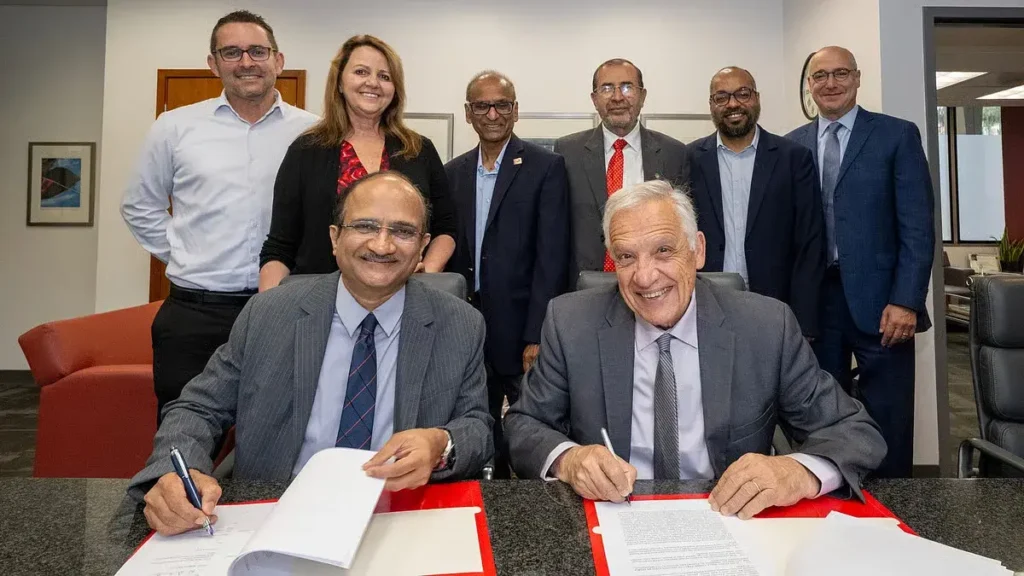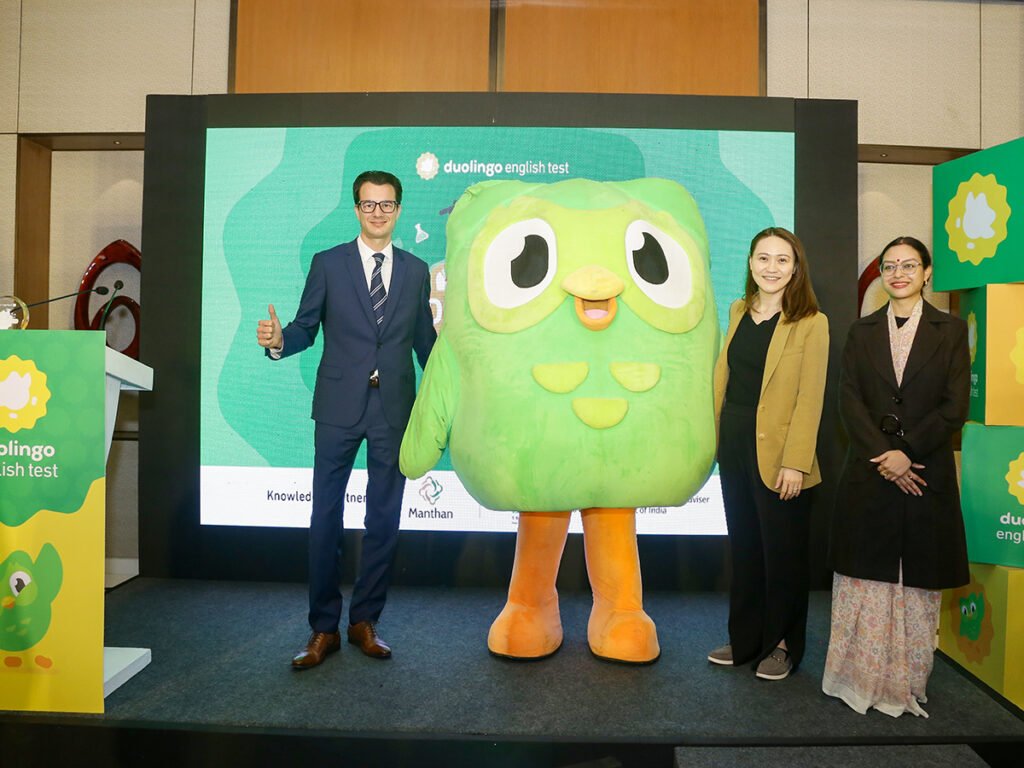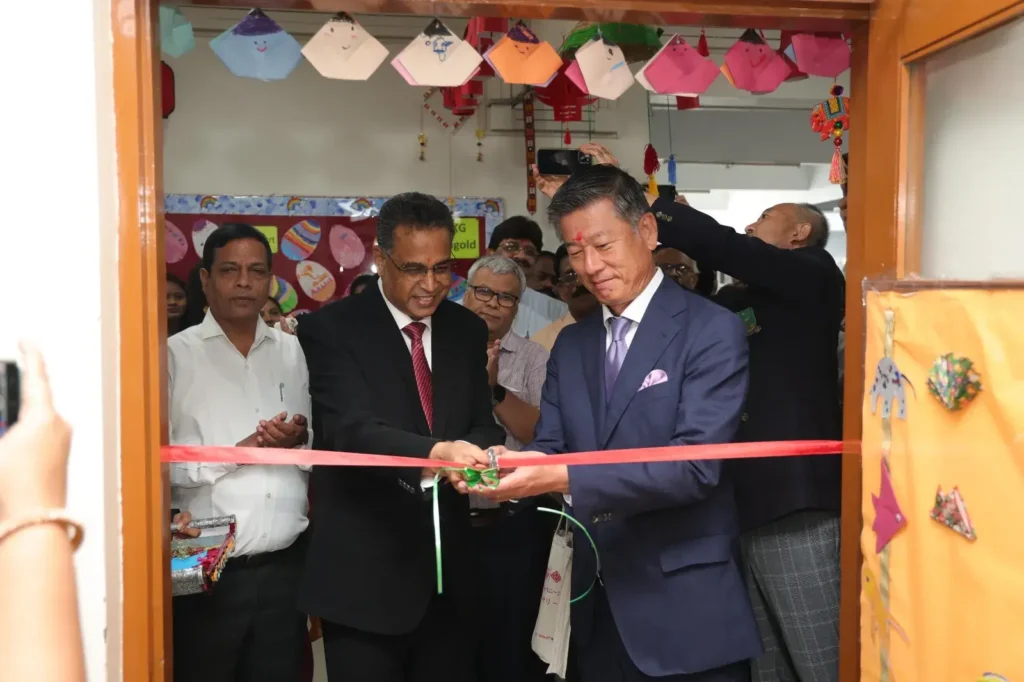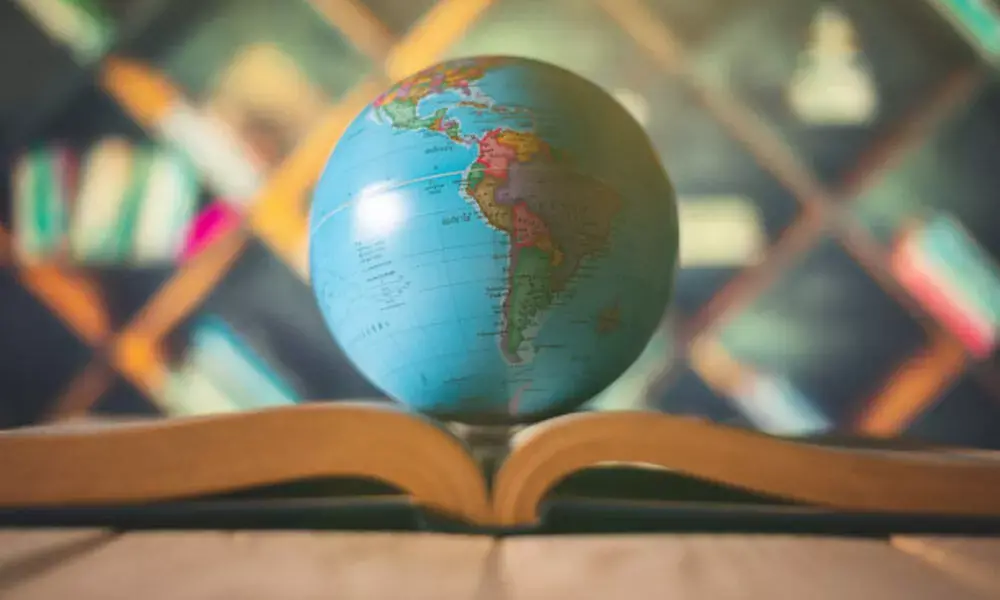The world is more interconnected than ever before, and technology has played a pivotal role in bridging geographical gaps. In the realm of education and cultural exchange, technology has revolutionized the way we learn, share, and experience different cultures. Global education and cultural exchange are no longer confined to textbooks and classroom walls; they have evolved into dynamic, interactive experiences thanks to the power of technology. In this blog, we will explore how technology is mobilizing global education and cultural exchange, breaking down barriers and opening doors to a world of knowledge and understanding. Online Learning Platforms The rise of online learning platforms has transformed education into a global endeavour. These platforms provide access to high-quality educational resources, courses, and interactive experiences, connecting learners from all corners of the world. Notable platforms like Coursera, edX, LinkedIn Learning and Khan Academy offer a vast range of courses and materials, allowing learners to explore new subjects and perspectives. Moreover, these platforms facilitate cross-cultural learning by offering courses on diverse topics and bringing together instructors and students from various backgrounds. Also Read: Top 12 Daily Habits for a Healthier Lifestyle Virtual Reality (VR) and Augmented Reality (AR) Virtual and augmented reality technologies have revolutionized cultural exchange. With VR and AR, learners can immerse themselves in virtual environments and experience different cultures first-hand. For example, students can take virtual field trips to ancient historical sites, explore foreign museums, or participate in language exchange programs without leaving their homes. These technologies offer an unparalleled level of engagement and immersion, making it easier for individuals to appreciate and understand cultures different from their own. Language Learning Apps Language is a fundamental aspect of culture, and technology has significantly impacted language learning. Mobile apps like Duolingo, Babbel, and Rosetta Stone provide accessible and interactive language learning experiences. They offer various language courses and tools for learners of all levels, promoting cross-cultural communication and understanding. Technology simplifies language learning by incorporating gamified elements and real-time feedback, making the process enjoyable and effective. Also Read: Nurturing 21st Century Skills in Education: Fostering Critical Thinking and Digital Literacy Social Media and Video Conferencing Social media and video conferencing platforms like Facebook, Instagram, WhatsApp, Skype, and Zoom connect people worldwide in real time. These tools facilitate cross-cultural interactions, allowing individuals to meet and communicate with people from different backgrounds and share their experiences. Additionally, educators can organize virtual international exchange programs or pen-pal initiatives, enabling students to connect with peers from different countries and learn about their cultures through direct conversations. Online Collaborative Projects Technology enables educators and students to engage in collaborative projects with peers from around the world. Virtual teamwork has become increasingly accessible, and platforms like Google Workspace, Microsoft Teams, and other project management tools allow students to work together on assignments, research projects, or even cultural exchange initiatives. This fosters cooperation, understanding, and appreciation of different cultural perspectives. Also Read: ArdorComm ‘New Normal – Education Leadership Summit & Awards 2023’ to be held at Pune, Maharashtra on 24th November 2023 #ELSAPune #ELSAMaharashtra E-Libraries and Digital Archives Access to information is a crucial aspect of global education. E-libraries and digital archives like Google Books, Project Gutenberg, and national libraries have digitized vast collections of books, manuscripts, and cultural artifacts. This wealth of knowledge allows learners to explore historical texts and cultural materials from different regions, helping them gain insights into diverse cultural heritages. Online Cultural Experiences Various organizations and museums now offer virtual cultural experiences through live-streamed events and digital exhibits. Whether it’s exploring art galleries, attending cultural festivals, or participating in cooking classes, these online experiences bring the world’s cultures to your doorstep. Technology allows you to engage with different traditions, art, and customs, fostering a deep appreciation for cultural diversity. Also Read: The Rise of Podcasts: Exploring the Audio Entertainment Revolution Conclusion Technology has truly mobilized global education and cultural exchange, making the world a smaller, more interconnected place. It has not only expanded access to education but has also enriched our understanding of the world’s diverse cultures. As we continue to harness the power of technology, it is crucial to leverage it responsibly, emphasizing respect, empathy, and open-mindedness in our global education and cultural exchange efforts. By doing so, we can truly benefit from the immense potential technology offers in bridging cultural gaps and promoting a more interconnected and harmonious world. The author, Pratik Ghosh is associated with ArdorComm Media





